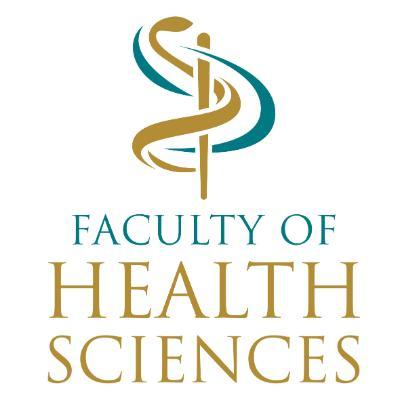Could Lentivirus Be the Answer to Gene Therapy Challenges in Haemophilia A?
- FHS Communications, Johnny Mahlangu
Exploring a promising alternative to current treatments
Haemophilia A is a rare bleeding disorder caused by a key blood clotting factor deficiency called factor VIII. Current treatment therapies are limited as it does not provide consistent and lifelong protection against uncontrolled bleeding, not all patients are eligible for the treatment, and it may cause serious immune reactions. A novel gene therapy treatment using adeno-associated virus (AAV) to transfer the factor VIII gene into cells has been developed, but it still has limitations. In an editorial published in The New England Journal of Medicine, Wits University researcher Professor Johnny Mahlangu discusses the groundbreaking findings by Alok Srivastava and colleagues on using lentivirus to deliver the factor VIII clotting gene.
Overview
In the study, researchers collected stem cells from people with severe haemophilia A and used them to introduce the factor VIII gene into the body, this time using a lentivirus delivery system. Patients were then monitored over a 27-month period to assess whether the therapy was safe and effective.
According to Professor Mahlangu, this could be a game-changer, “If affordable, gene therapy is given as a single one-and-done infusion, it will remove all the current barriers associated with replacement therapy”.
Key findings
Throughout the 27-month follow-up, none of the participants experienced any bleeding episodes, and there were no deaths or serious side effects. Importantly, the treatment led to stable production of factor VIII, showing that lentivirus-based gene therapy is a very promising therapy..
This approach may also help overcome a key obstacle with AAV gene therapy. “The prevalence of preexisting anti-AAV antibodies in haemophilia is 50-90%, which disqualifies most patients from getting AAV-based gene therapy,” explains Professor Mahlangu.
Lentivirus seems to offer a more flexible and effective alternative. “Lentivirus gene therapy presents several advantages over AAV gene therapy, particularly in the transduction efficiency, long-term expression, and the ability to target non-dividing cells,” he adds.
“These characteristics make lentiviral vectors particularly suitable for various therapeutic applications, including haemophilia gene therapy.”
Original Article in: New England Journal of Medicine


